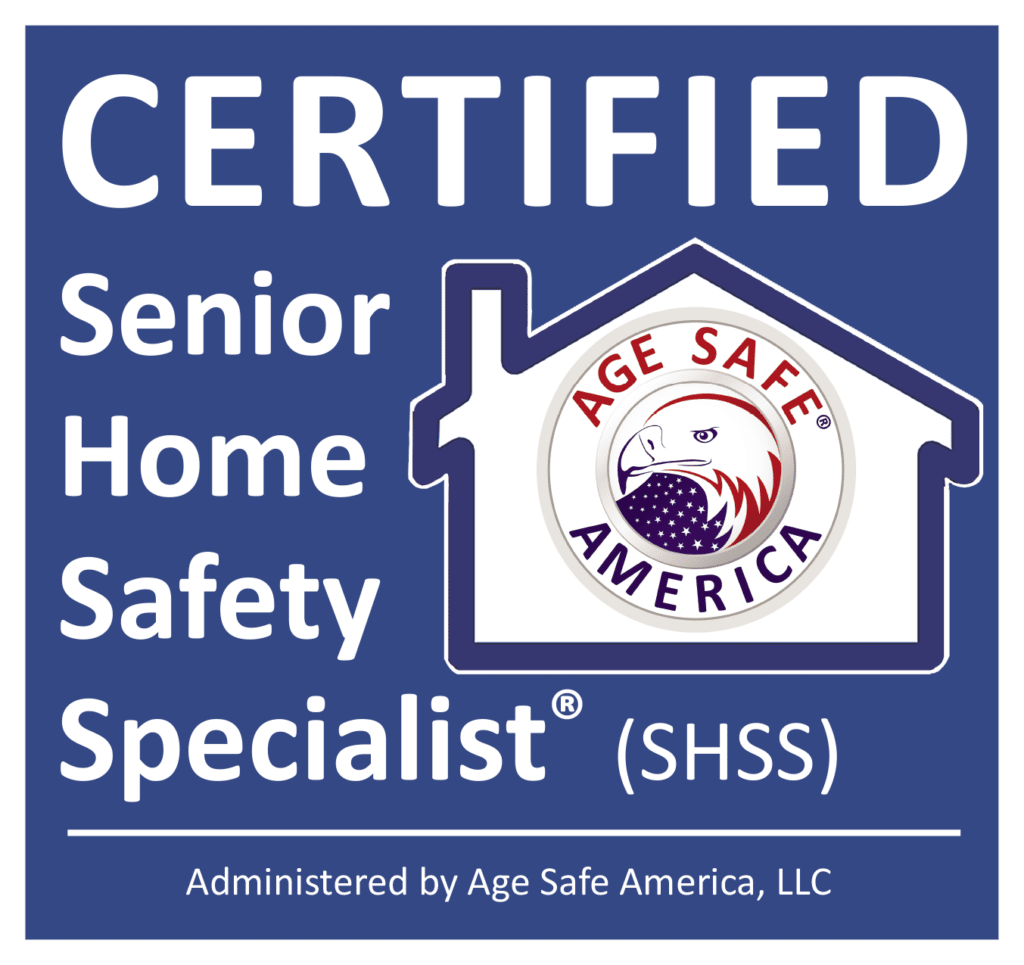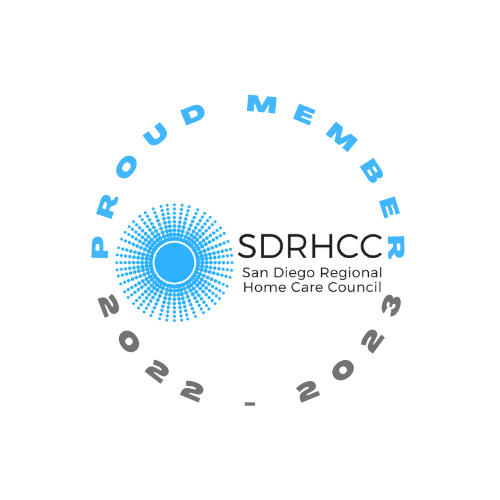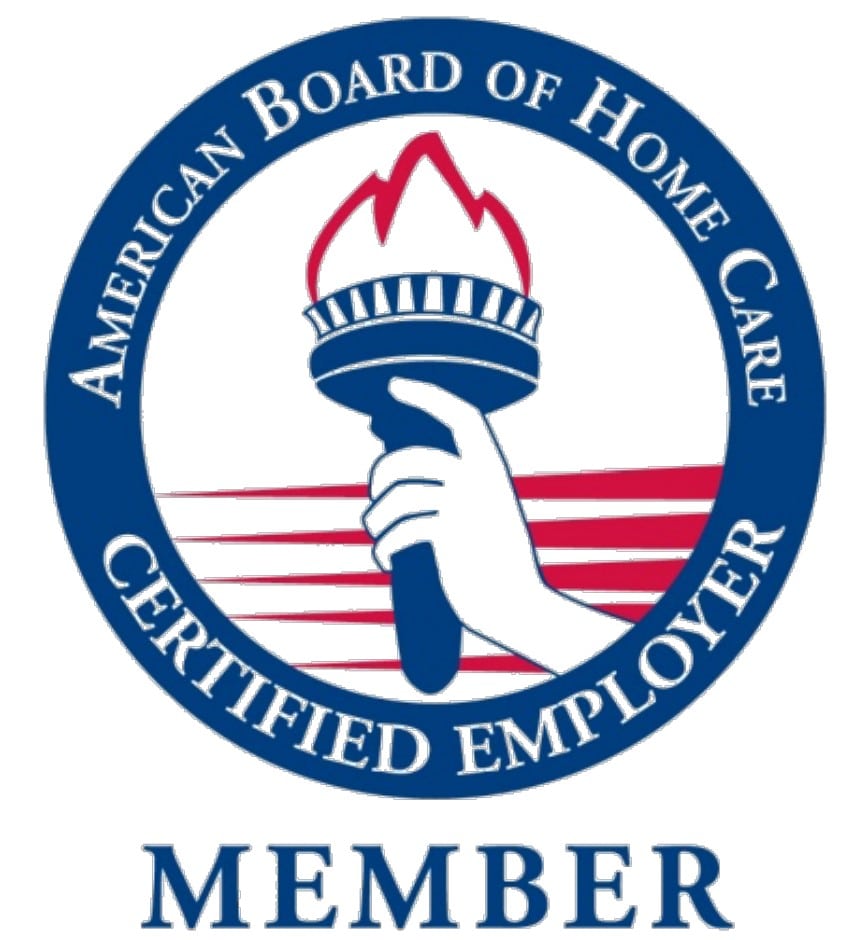Most people don’t think much about caffeine until it starts to cause issues. People who have ingested caffeine their entire lives may suddenly realize that they’re sensitive to caffeine and can no longer have it. Aging adults experience a lot of changes in how their bodies operate, including how they process everyday chemicals like caffeine. Having help from home care providers can help a lot with adjusting to lower caffeine levels.
Where Do Seniors Get Caffeine Daily?
Caffeine is in a lot of different beverages and foods. Energy drinks, sodas, tea, coffee, and chocolate all have some amount of caffeine in them. Caffeine is something that people use daily without thinking much about it. As people get older, however, their bodies become more sensitive to the effects of caffeine. Some people find that they can no longer tolerate caffeine.
How to Figure Out How Much Caffeine Someone Is Ingesting
Any beverage that contains caffeine includes that information in the label. An 8-ounce serving of brewed coffee usually contains around 96mg of caffeine. Black tea has reduced levels of caffeine, 48mg, and green tea has even less, 30mg. Decaffeinated coffee might seem safe, but for someone who is extremely sensitive to caffeine, the 2.4mg of caffeine in an 8-ounce serving might be too much. Reading labels is one way to get information about caffeine levels. But it might also be important to track caffeine intake, and home care providers can help seniors to do that.
Short-term Effects of Caffeine on Aging Bodies
Most people view the short-term effects of caffeine as beneficial. Caffeine can boost energy levels, increase awareness, and improve concentration. For seniors, however, those short-term effects can be a lot more pronounced. Even a little bit of caffeine can cause increased anxiety, trouble sleeping, and jitteriness. Caffeine can also raise blood pressure, which is not a good result for someone with blood pressure issues.
Long-Term Effects of Caffeine on Seniors
There are longer term effects of caffeine, too, especially for seniors. For some people, digestive issues are extremely common, even with a little bit of caffeine. If seniors are taking certain medications, they may need to be aware of how those medications interact with caffeine. Aging adults who are prone to dehydration need to be aware that caffeine is a diuretic, so they may need to increase their water intake.
How Much Caffeine Should Seniors Have?
There isn’t one specific recommendation for caffeine for every senior. If someone is sensitive to caffeine, lower levels are probably the best option. The best plan is for aging adults and family caregivers to talk with their doctors about their own unique situation to determine how much caffeine they should have. Again, tracking caffeine intake with the help of elder care providers is a good idea.
Caffeine is in a lot of different items, so if aging adults are suddenly feeling more sensitive to caffeine, it’s crucial that they develop a plan for reducing intake. Home care providers can help with this, as well as other aspects of ensuring seniors are happy and living the life they want to live.
If you or an aging loved one are considering Home Care in San Diego, CA, please contact the caring staff at Aaron Home Care. (619) 880-5522
A Trusted Home Care Agency Serving La Jolla, Pacific Beach, Point Loma, San Diego, UTC, La Mesa, Chula Vista, Coronado, Bonita, Eastlake and the surrounding areas.
In 1999, Aaron was named Residential Program Manager of a group home for disabled adults in Arlington, Virgina. Here, he built a reputation for being compassionate with his clients and efficient in company operations. In the years that followed, Washington DC’s human services field went through unprecedented reform when the city was fined $11 million for the previously unchecked abuse, neglect, and exploitation of the very population it was supposed to protect. In 2005, Aaron was selected by a watchdog company to co-create and implement a monitoring system to safeguard and advocate for the system’s most vulnerable residents. This system is still in use today.
Aaron is now using his unique gifts and profound experience in the human service field to provide San Diego County Seniors with dependable, compassionate caregivers through Aaron Home Care.
He currently serves on the board of the San Diego Regional Home Care Council and is an active member of the Senior Advocate Network of San Diego.
Aaron Home Care is a member of the American Board of Home Care and is accredited by the Better Business Bureau.
- What Factors Put a Person at Risk For Parkinson’s Disease - May 23, 2025
- Five Contributing Factors to Difficult Alzheimer’s Disease Symptoms - May 7, 2025
- Sarcopenia Symptoms and Help for Seniors - April 28, 2025







